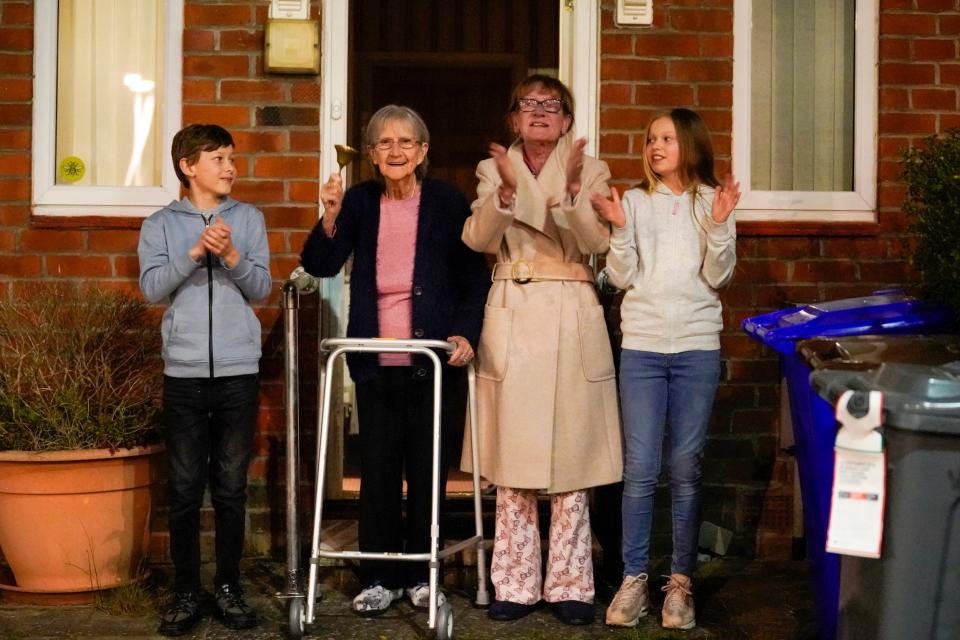Clap for our carers is bringing us together – but the sector needs money

I am the Chief Executive of a care charity that provides care and support to 600 older people with dementia, and adults with profound learning and physical disabilities.
I understand that the funding of social care is a complex issue and as a result successive governments have failed to address the known under-funding of this sector. When this underfunding is combined with ten years of austerity, the consequences have been severe.
At the start of the pandemic the care sector was losing 440,000 care workers every year. Most of these workers did not leave because they did not enjoy their job, despite it being difficult, complex and challenging. They left because they found it impossible to support their families whilst working for minimum wage.
Also at the start of the pandemic there were 122,000 vacancies in the care sector, meaning it was already stretched.
Such a level of vacancies and staff turnover is no place to be at the start of a pandemic. This government should act where others have failed to.
Care Workers do not have the option of working from home or indeed self-isolating or social distancing. They have to perform the most intimate of tasks and be close to the people they care for and support, often knowing that that person has Covid-19.
The dedication of all care workers should be recognised, not only by a clapping of hands or the hashtag #minimumwageheros. I recommend an immediate break from paying income tax, national insurance and pension contributions. This will ensure that the money goes directly to care workers who are on the front line.
Geoff Walker
Chief Executive, Sandwell Community Caring Trust
School rules
Back at the beginning of my career I taught for a couple of years before deciding that it was not for me.
One thing I did learn is that if you threaten punishment to the whole class because a couple of kids are being disruptive, you will arouse the hostility of all.
Matt Hancock needs to ponder that unintended consequence before putting the population of the United Kingdom under house arrest; the effective approach is to bear down more firmly on that small group of people who choose to ignore the rules.
Bigger fines. Impounding of vehicles used for unnecessary travel, community orders, electronic tagging are all available. If necessary, hold special courts to impose and enforce penalties, presided over by district judges who have the authority to sit alone.
Ian Hurdley
Ferndown
In control
Commenting on the prime minister’s hospital admission, John Rentoul says that there is “concern that the government will not be best able to manage the crisis if the prime minister is not at full strength, or if there are doubts about who is in charge”.
No change there, then.
Susan Alexander
Frampton Cotterell
Essential service
With reference to Ben Chu's article, is short selling an essential service during the pandemic?
Do we really need this right now?
Paul Morrison
Address supplied
Coming together
Good to hear the Queen hitting a consensual note in her broadcast. We need more of this approach, less frightening and threatening of the people.
The government needs to start fulfilling its part of the bargain, which is providing the protective equipment needed by the NHS and care workers and upping testing to German levels - it has singularly failed to deliver on these elements to date.
Paul Donovan
London
Public service broadcasting
When we emerge from the current crisis it is to be hoped that the government will recognise the value of public service broadcasting, and the artistic establishment generally, for the speed with which they have adapted to events.
They have provided news, advice and entertainment and have used great ingenuity to connect with us.
David Wallington
Address supplied

